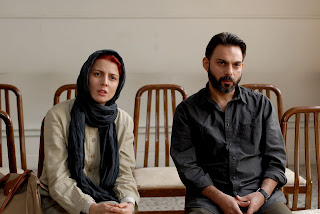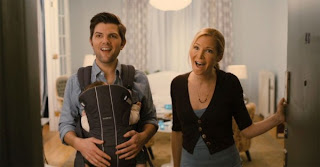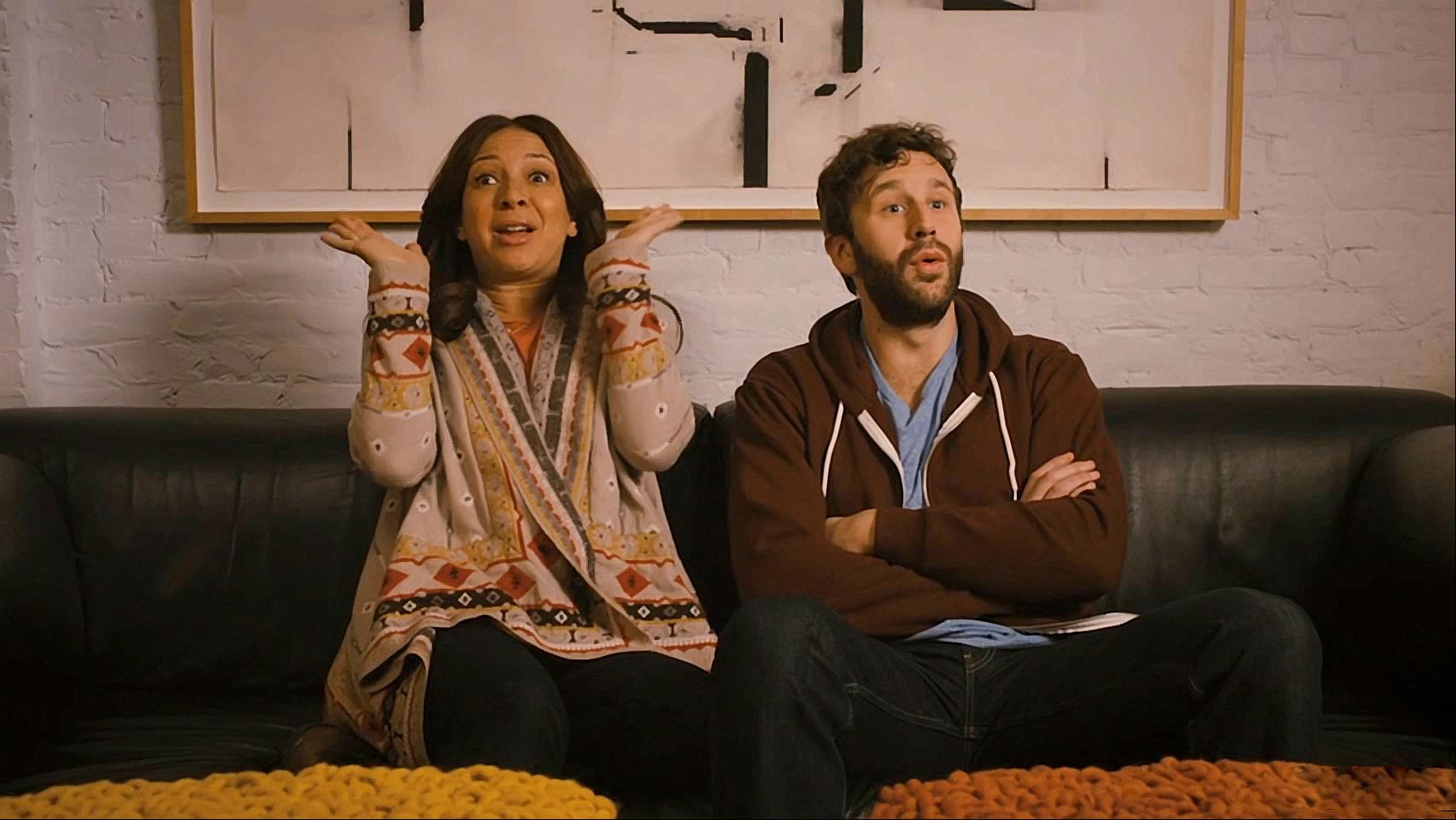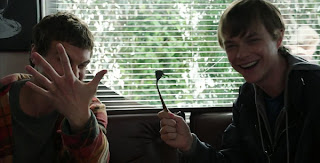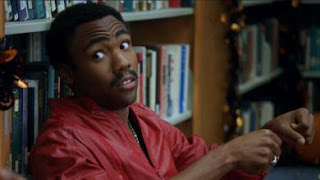Who would have thought that a slow burning film in Farsi would merit a second viewing? “A Separation,” the winner of this year’s Oscar for Best Foreign Language film, is also one of the best films to come out of 2011. It merits such interest and praise not only for the country for which it came from, but because it is the kind of challenging fair that does not get make it to theaters enough.
I do not know how “A Separation” got by in Iran, a country bound by such heavy censorship, but that makes this filmmaking effort all the more bold. Yet, it makes no sweeping political statements, it is just about the hardships of life as it is.
“A Separation” deals with a conflict that any American, or let alone any citizen of the world, can relate to: keeping a family together. It begins in a court of divorce, and the rest of the movie will take place in and out of various courts of law. Nader (Peymon Moadi) and Simin (Leila Hatami) look to divorce. Nader was never abusive, and they never really fell out of love. Simin wants to leave Iran and look for a better life, and Nader wants to stay and take care of his father (Ali-Asghar Shahbazi), who has Alzheimers. His father is mostly bedridden, and breaths only through an oxygen tank. All he wants is the morning paper, and if he doesn’t get it, he will even dodge oncoming traffic for it.
The family is part of an established upper class. There is little association with politics and any social or political views the movie projects are done so subtlety. Maybe that is because writer and director Asghar Farhadi wanted to separate himself from the regime, or because there is something closed off and sheltered about the country’s upper class. However, education seems to be a prime concern amongst them. The education of their 11-year-old daughter Termeh (Sarina Farhadi) is of utmost importance, and she is also one of the factors that tears the marriage apart.

While Simin is gone, Nader hires Razieh (Sareh Bayat) to take care of his father. Razieh is of a lower class and despite her deep devotion in helping Nader’s father, she is treated poorly. Nader even accuses her of stealing from him. This is a woman that is so honest and faithful that at one point, she won’t even tell a lie that will benefit her, because she will be swearing an oath on the Quran.
In an instant, “A Separation” transforms from a family drama of staggering devastation to a he said-she said Iranian version of “Rashomon.” After some unfortunate circumstances that lad Nader to physically push Razieh out of his apartment, her subsequent tumble leads to Nader’s trial for killing an unborn child. Depending on how you look at it, he may be innocent, guilty, or something else in between.
“A Separation” is shot in such a simple, beautifully uneven style that it resembles a documentary. Farhadi is the fly on the wall, capturing every event while being as objective as possible. There is also almost a complete absence of a musical score. In a film, music usually tells you how to feel in a certain scene. The case involved has so many sides that using music to tell the audience how to feel would be a major cop out. “A Separation” is not about cop outs. This movie shows a lot, including every mundane detail of a day. And yes, there is even a loving closeup of an overstuffed suitcase being zipped up.
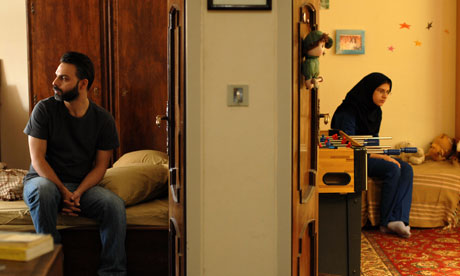
This is all fitting, as “A Separation” never attempts to glorify nor vilify the director’s homeland. It doesn’t provide the brightest vision though, either. If “Slumdog Millionaire” was about filling Mumbai with pulsating energy, then “A Separation” fills Tehran with urban pessimism. I would relate this most to the Chilean movie from 2009 “The Maid” about a maid who loses her grip on reality after finding out the rich family she has served for years might replace her. “A Separation” has less of the painful things-fall-apart feeling of that film, but it certainly shares a similar mood dealing with class warfare.
“A Separation” is a portrait of a country that always seems to be in turmoil. Just like Nader’s marriage, it is constantly caught in the middle and splitting apart. In one scene, Nader admonishes his daughter for speaking in Arabic as opposed to Farsi. In another scene, one of Termeh’s textbooks recalls a time in the country’s history when the only two classes that existed were “royalty” (which she then changes to “upper class”) and “everyone else.” Everyone seems to go either one way or another and in that light, it is hard to choose because as the main incident of the movie shows, life has more than two right answers.

When “A Separation” concludes, there is no sigh of relief, only the discomfort of uncertainty. That is what makes the whole thing so unsettling, and ultimately so rewarding. There is some blatant separation symbolism at the film’s end, but that doesn’t make it any less effective. There is a key decision made at the end, and it is fitting that we never know the outcome. Either way, one character we like will be hurt, and the other won’t be, and vice versa. This is one of the most stirringly objective narratives I’ve ever seen on film.
However, being so objective is hard. Every person involved in the trial of “A Separation” has the best intentions, and they all live their lives according to the same religion. Yet in the end, it is only our own personal feelings that can provide us with the moral compass for this story. I hope to see more movies like this, that challenge us to choose our emotional response, rather than feeding it all to us.

